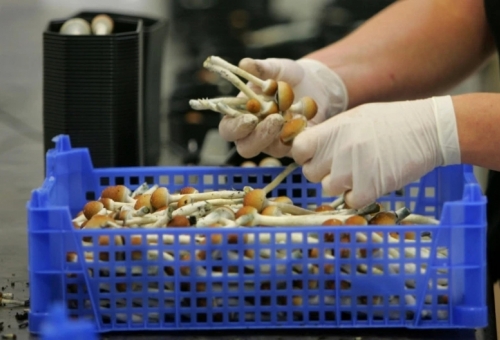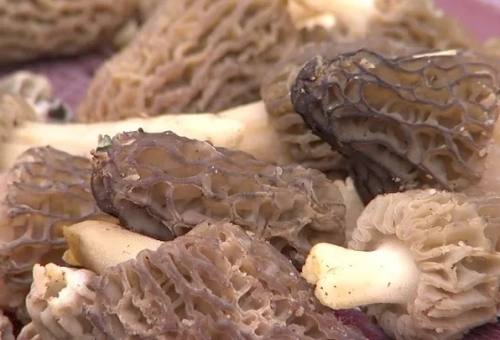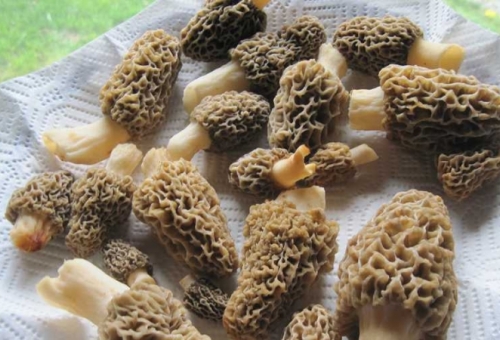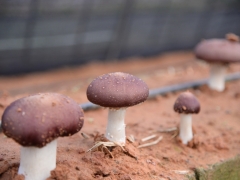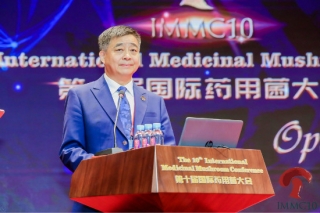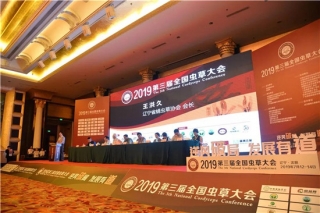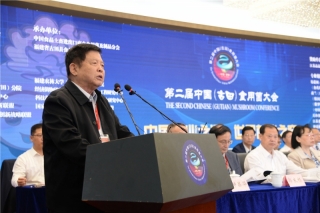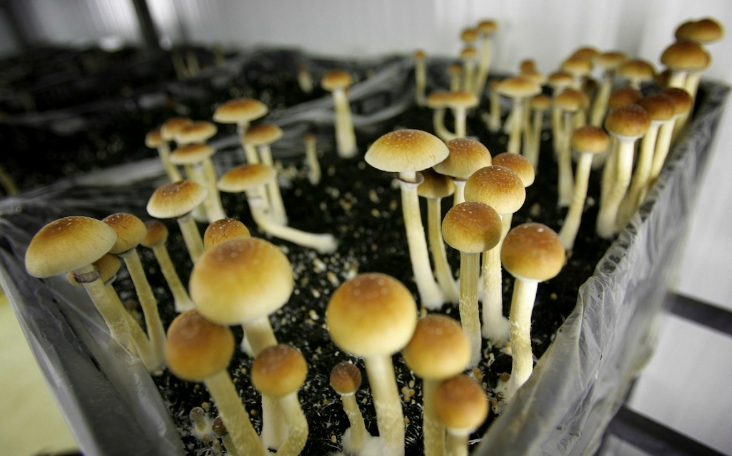
Sanctioned psychedelic drug use as a medical or psychological treatment method is gaining ground as part of today’s hallucinogenic renaissance.
Recent scientific studies approved by the Food and Drug Administration have yielded positive cognitive results when administering “microdoses" of the drugs lysergic acid diethylamide, or LSD, and psilocybin, the alkaloid in hallucinogenic mushrooms.
But could this new wave of unorthodox treatment ever find its way into the ranks of the military? According to an article by Marine Maj. Emre Albayrak that was published in the February issue of the Marine Corps Gazette, it certainly should.
Microdosing, which refers to administering a minuscule quantity of the drug in order to avoid hallucinations or debilitating effects in the patient, is already being used by “scientists, Silicon Valley executives, biologists, biohackers, and others” to achieve a mental edge, Albayrak writes.
Administering in such doses has the potential to “significantly heighten alertness, creativity, and problem solving."
Today’s service members, especially those in the intelligence, surveillance and reconnaissance communities, are faced with the nearly-insurmountable task of analyzing a rapidly-growing tidal wave of analytical data that, with today’s advances in technology, will only continue to expose cognitive shortfalls, the author writes.
Personnel in these professions have made every attempt to stem that tide, employing approved pre-workout supplements, tobacco, caffeine or any other legal substances designed to raise a sense of alertness or boost productivity.
But an inability to process “superhuman” amounts of information in a community in which “one percent gains provide significant advantages” on the battlefield necessitates a better solution, Albayrak suggests.
Enter LSD and magic mushrooms.
“Like most hallucinogens, LSD mimics the effects of serotonin (a mood regulator),” the author says, and activates enhanced mental acuity in the areas of learning and memory.
Additionally, the drug commonly referred to as “acid” can decrease blood circulation to the part of the brain that instigates periods of mind wandering.But an inability to process “superhuman” amounts of information in a community in which “one percent gains provide significant advantages” on the battlefield necessitates a better solution, Albayrak suggests.
Enter LSD and magic mushrooms.
“Like most hallucinogens, LSD mimics the effects of serotonin (a mood regulator),” the author says, and activates enhanced mental acuity in the areas of learning and memory.
Additionally, the drug commonly referred to as “acid” can decrease blood circulation to the part of the brain that instigates periods of mind wandering.Sanctioned psychedelic drug use as a medical or psychological treatment method is gaining ground as part of today’s hallucinogenic renaissance.
Recent scientific studies approved by the Food and Drug Administration have yielded positive cognitive results when administering “microdoses" of the drugs lysergic acid diethylamide, or LSD, and psilocybin, the alkaloid in hallucinogenic mushrooms.
But could this new wave of unorthodox treatment ever find its way into the ranks of the military? According to an article by Marine Maj. Emre Albayrak that was published in the February issue of the Marine Corps Gazette, it certainly should.
Microdosing, which refers to administering a minuscule quantity of the drug in order to avoid hallucinations or debilitating effects in the patient, is already being used by “scientists, Silicon Valley executives, biologists, biohackers, and others” to achieve a mental edge, Albayrak writes.
Administering in such doses has the potential to “significantly heighten alertness, creativity, and problem solving."
Today’s service members, especially those in the intelligence, surveillance and reconnaissance communities, are faced with the nearly-insurmountable task of analyzing a rapidly-growing tidal wave of analytical data that, with today’s advances in technology, will only continue to expose cognitive shortfalls, the author writes.
Personnel in these professions have made every attempt to stem that tide, employing approved pre-workout supplements, tobacco, caffeine or any other legal substances designed to raise a sense of alertness or boost productivity.
But an inability to process “superhuman” amounts of information in a community in which “one percent gains provide significant advantages” on the battlefield necessitates a better solution, Albayrak suggests.
Enter LSD and magic mushrooms.
“Like most hallucinogens, LSD mimics the effects of serotonin (a mood regulator),” the author says, and activates enhanced mental acuity in the areas of learning and memory.
Additionally, the drug commonly referred to as “acid” can decrease blood circulation to the part of the brain that instigates periods of mind wandering.But an inability to process “superhuman” amounts of information in a community in which “one percent gains provide significant advantages” on the battlefield necessitates a better solution, Albayrak suggests.
Enter LSD and magic mushrooms.
“Like most hallucinogens, LSD mimics the effects of serotonin (a mood regulator),” the author says, and activates enhanced mental acuity in the areas of learning and memory.
Additionally, the drug commonly referred to as “acid” can decrease blood circulation to the part of the brain that instigates periods of mind wandering.





